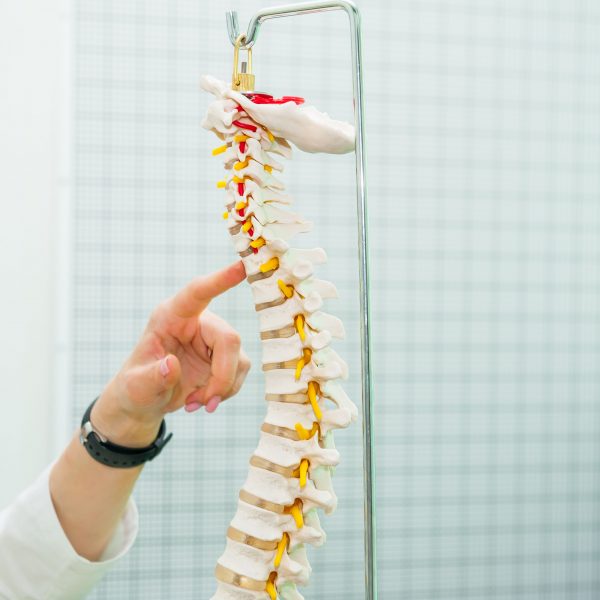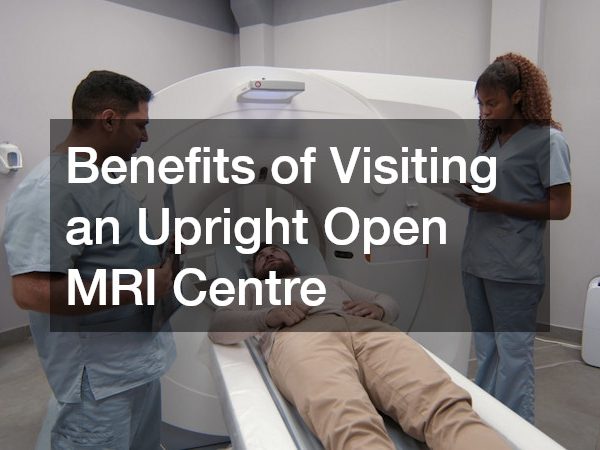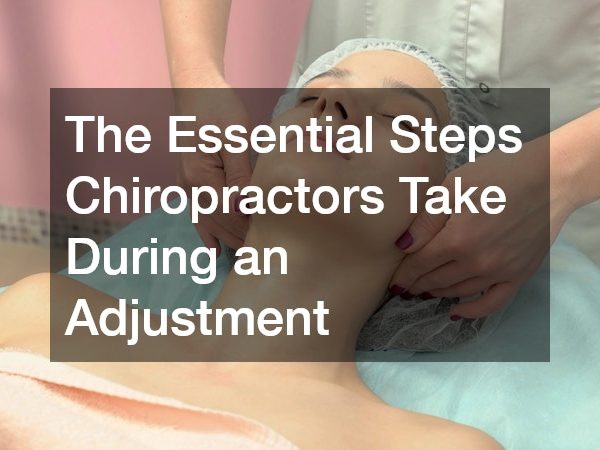For people dealing with opioid addiction, getting back on track is difficult – but possible. Sometimes all it needs is to keep one’s eyes on the prize.
f you’re one of those on the road to recovery, these seven tips can make the transition to a more amazing life easier and more fruitful:
1. Seek Professional Help
Opioid addiction is a serious, life-threatening condition. According to the Substance Abuse and Mental Health Services Administration, people can become dependent on prescription opioid pain relievers after as few as five days of use. Once addicted, it’s extremely difficult to stop using without professional help.
Today, you have many types of access to get the help you need. For instance, you can contact your doctor, local health department, local shelter or community service agency, or you can call a free helpline from anywhere in the UK.
You can also check into a clinic privately and receive therapies like Buvidal opioid treatment. Buvidal is an opioid analgesic (pain reliever), which, when injected into your body, binds to the buprenorphine receptors in the brain. It acts on these receptors and blocks the withdrawal symptoms you usually get when you stop taking opioids. This helps you fight addiction better.
2. Be Mindful of Relapse
Once you’ve been treated for opioid addiction, you must be mindful of relapse. Relapse is a common occurrence among patients recovering from any type of addiction. In fact, it’s pretty much considered a rule rather than the exception in addiction treatment.
The important thing to remember about relapse is that it doesn’t have to signal failure or a return to old behaviours. Rather, relapse is the first step in the process of identifying places where additional treatment or support will be needed.
One of the ways to minimise the risk of relapse is to be mindful of your drug triggers. For example, if you know that stress causes you to crave opioids, you can try to limit your exposure to stressful situations when in recovery.
The good news is there are many resources available for people with opioid addiction or their loved ones who wish to find out more about relapse prevention. There are also groups where people who have been through the addiction process can support each other and share experiences.
3. Take Care of Your Physical Health
Regular physical activity can help you stay healthy, feel good about yourself, and ease withdrawal symptoms during recovery. Just 30 minutes of exercise—even something as simple as walking—on most days of the week is a great goal.
It’s also very helpful to choose an exercise routine you enjoy, whether it’s going to the gym, running around your neighbourhood, playing sports with friends, or getting involved in a sport competitively. The more you look forward to exercising and do it regularly, the better your chances of success in fighting opioid addiction.
Eat healthy food. People in recovery from opioid addiction should also pay attention to their nutrition and avoid alcohol, tobacco, and other drugs. Eating healthy food is important for the mind as well as the body.
Eating lots of fruits and vegetables can boost your energy level, improve your skin health, raise your immunity against diseases, and reduce stress.
4. Stay Positive

Learning to stay positive is integral to overcoming opioid addiction, so it’s important not to lose sight of the fact that you will recover. Try writing down your goals for staying clean on a piece of paper and keep it where you can see it every day. It will remind you how badly you want to get clean.
Here are some other positive affirmations you can use to help yourself stay focused on recovery:
- I am strong enough to recover from my addiction.
- I’ve survived hurts, disappointments, and loss—and it’s made me stronger.
- I often feel uncomfortable, but this is a normal part of the recovery process.
- Sometimes I feel like giving up, but that’s not an option for me anymore.
- I believe in myself and my ability to get through this difficult time with success.
5. Forge New Relationships
Once you have a better handle on things, it’s time to start building. You can begin by making connections with people who are supportive and encouraging of your recovery efforts.
If you don’t know where to start, try volunteering at a local charity or community centre. This is a wonderful way to give back to the world while also meeting new people and making new connections.
If you struggle to meet people and feel socially isolated, try attending a recovery group. Many communities offer support groups for people with opioid addiction where you can meet other recovering addicts and discuss common experiences and learn from each other’s successes as well as struggles.
6. Get Back to the Things You Like
Many people who become addicted to opioids do so because the drugs take away the pain of not knowing how to cope with life. This can make opioid addiction particularly difficult, as it means you’ll be dealing with an emotional void that may have contributed to your addiction in the first place.
Staying busy is important when recovering from opioid addiction because it will help you avoid dwelling on the past and help you come out of your shell.
Start spending time with people who make you feel good about yourself, and do things that can improve your mental well-being. Go for a walk in nature, practise yoga, ask someone to go to the movies or have coffee with you. Create new memories that will replace those from the past.
7. Learn More About Opioid Addiction
There is so much information out there about opioid addiction, but most people with this diagnosis are too busy trying to get better to take the time to do research. Do you know what kind of treatment options are available? What withdrawal symptoms can you expect? How long does recovery typically last?
The more you know about what you’re up against, the better your chances of overcoming opioid addiction. If you don’t have a medical background or any experience dealing with addictions, consider getting in touch with a mental health professional to find out what options are available to help you get back on track.
There is hope for you after opioid addiction. By committing to your treatment plan and following these tips, chances are that you’ll be able to re-establish your life in the near future.






